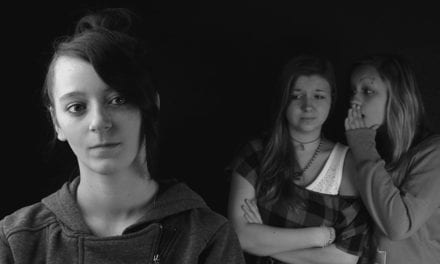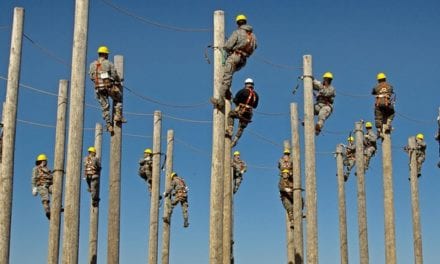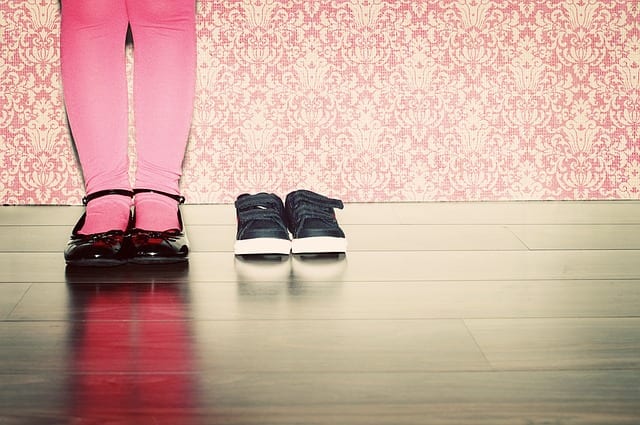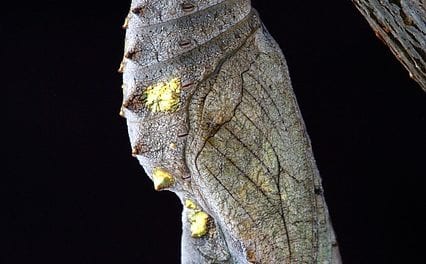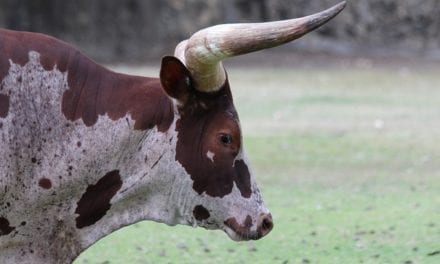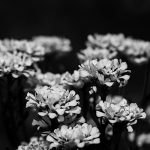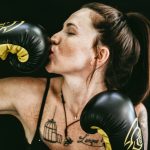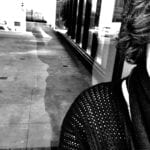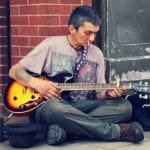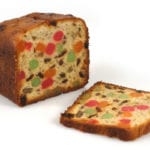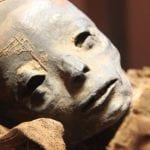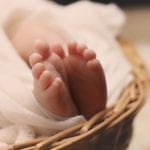I studied the eight by ten glossy, remembering the day it was taken. The photographer had positioned me just so on the wooden table. He fluffed out my pristine white and black print dress with the Peter Pan collar, angled my face toward the camera standing in the center of the room, and crossed my legs at the ankles so my black patent shoes were at the correct angle. My mother stood in the corner of the room smoking a cigarette. I looked at her for encouragement. Her flat eyes told me all I needed to know. Behave. I had an uncanny ability to pick up the emotions of others. The photographer said, “Smile.” And when the camera flashed, I tried to grin, even though I’d rather be playing barefoot in the backyard. I hated dressing up.
Several months later, on a Saturday, my grandmother forced me to dress in my best clothes. She helped me squeeze my feet into white cotton socks and tight shoes. “Be good,” she said. “We’re going to have a visitor.” She pointed to an overstuffed chair in the formal parlor and said, “Sit there.” Then, she disappeared.
My grandfather walked through the room looking at his watch. My mother stood by the brick fireplace sporting a close-lipped expression.
“Who’s coming?” I asked. My toes were numb now.
“Your father,” Grandpa said, his voice hitching before leaving the room.
My heart raced. I had never met my father. At six, I looked forward to seeing him. I’d asked for years where he was, but no one would talk about him. At family get-togethers, my cousins always teased, “If you have a father, where is he?” Divorce wasn’t acceptable in the 1950s.
When he arrived, he looked nothing like I imagined. He stood over six-feet-tall and was thin as spaghettini. “So, this is Karin,” he said. He smiled and held out his arms. I stayed on the chair refusing to move.
My mother said, “Don’t you have a hug for your father?”
“Don’t force her, Jo.” My dad knelt and held out a handful of change.
I slithered toward the silver in his hand, picked out the largest coin, a fifty-cent piece, imagining all the candy it would buy. He smiled, and I took a step back. After all the years of waiting, I realized I didn’t like my father. I sensed a falseness about him.
I don’t remember the actual day I moved in with my parents. I later learned that they remarried in May of that year. We lived in a two-room apartment that my grandparents owned. Sleeping in the tiny kitchen on a cot was far different than the big bedroom I’d shared with my mother. I missed the only home I’d known since birth. The smell of cinnamon and laughter didn’t float through the air at the apartment as it had at Grandma’s. I became afraid of my parents. Screaming matches and drunken bouts turned me into a cowering child.
A year later, I sat in a hospital bed, while the police searched for my parents. I poked my toes from beneath the starched white sheets. They were the only parts of my bruised body I could move without pain. I peered at the plastic tubes that ran from a bottle on a pole into my nose and shuddered. I’d detach them with the free hand they hadn’t tied down, and the intensive care nurse would reinsert them. Those tubes haunted my dreams for years.
After two days of hospitalization, my mother visited. When I asked why she was leaving so soon, she said she had to, “Go back.” A policeman stood tall behind her. Five days later, an aunt picked me up from the hospital and took me to my grandparents’ house, where I would live off and on for the next thirteen years of my life.
Later, I found an old newspaper clipping that described my parents’ capture and sentencing. My dad got a year in prison, and my mother got off on a technicality.
Today, I often relax on the front porch of my Victorian home in a rocking chair wiggling my bare toes, reflecting on the early life lessons that have served me well—to trust my instincts and first impressions, forgive others, and to throw uncomfortable shoes into the trash.

